AO Edited
Fairmount Apartments
Known as the "Grand Lady of Jersey City,” the city's first racially-integrated hotel was owned by a preacher who was, depending on who you ask, a cult leader, civil rights pioneer, or the manifestation of God.
Originally constructed as the Fairmount Apartments, the building is an example of Arts & Crafts style architecture. A stylized “F” and “A” woven into a fruit tree can still be seen in decorations on the facade. The east building, containing 33 apartments, was built in 1909. Another 33 apartments were added when the west building was constructed in 1912. The building’s age and architecture make it a historic landmark, but it also has a fascinating connection with the International Peace Mission Movement and its charismatic leader, Father Divine.
Details about Father Divine’s birthplace, age, and legal name are contested, but he began preaching in the American South before moving to New York, where came to be called Reverend Major Jealous Divine, or “Father Divine” to his congregation. Claiming to be the physical manifestation of God, he lived with his followers in communal housing and founded the International Peace Mission Movement to spread his message inspired by the New Thought movement, which claimed that positive thinking was the key to creating a utopian reality.
As the country languished in the Great Depression, the International Peace Mission Movement offered much-needed food, clothing, and employment assistance to its followers. The movement had broad appeal and grew rapidly, eventually opening a chain of residences known as “Heavens” offering lodging for $2 a week. At its peak, the movement maintained over 100 Heavens, most notably in Philadelphia, where the Divine Lorraine became the first racially integrated hotel in the United States.
In 1962, the movement purchased the Fairmount Apartments for $400,000 “with Cash and without any Indebtedness.” Under Father Divine’s tenure, the building was renamed the Divine Fairmount. Its 170 rooms were available to congregants regardless of race, making it the first integrated hotel in Jersey City. Father Divine hosted services at the hotel and residents ate together in the dining room, which also offered by-donation meals to the public with a strict no-tipping policy. Residents were expected to adhere to the rules of the movement—smoking, drinking, gambling, and profanity were prohibited and modest dress was required. Men and women, even married couples, were relegated to separate floors to ensure they were living “pure” lives and were expected to abide by an 11:30 p.m. curfew.
Despite the strict gender segregation that prohibited any “undue mixing of the sexes,” the International Peace Mission Movement espoused many policies that were quite progressive for the time. Father Divine advocated for hiring without regard to race, encouraged his followers to register to vote, and proposed reparations for those formerly enslaved. Because of this, some scholars consider Father Divine to be a forerunner of the civil rights movement that later took shape in the 1950s and 60s.
As would be expected of someone claiming to be God, Father Divine was no stranger to controversy. He provoked outrage, not only for his politics, but also with his increasingly ostentatious display of wealth in the form of luxury clothes, cars, and airplanes. While Father Divine claimed that he owned nothing and did not profit personally, his movement controlled a vast real estate empire, and the all-cash nature of its associated businesses made the organization’s money hard to trace or quantify. Father Divine’s charismatic nature and the total control he exerted over his congregants’ social and financial lives led many to consider him a cult leader.
Father Divine passed away in 1965, leaving control of the organization to his wife, known to followers as Mother Divine. Mother Divine continued to lead the International Peace Mission Movement, but congregants’ vows of celibacy and an inability to recruit new members led to a decline in membership over the years and in 1986, the organization sold off the Divine Fairmount. It was purchased again in 1994 and then renovated and reopened in 1995, at which time it was added to the National Register of Historic Places.
In its current incarnation as the Birchwood at Fairmount Hotel, the building contains 59 income-restricted units for seniors, who are presumably free to curse and gamble if they so desire.








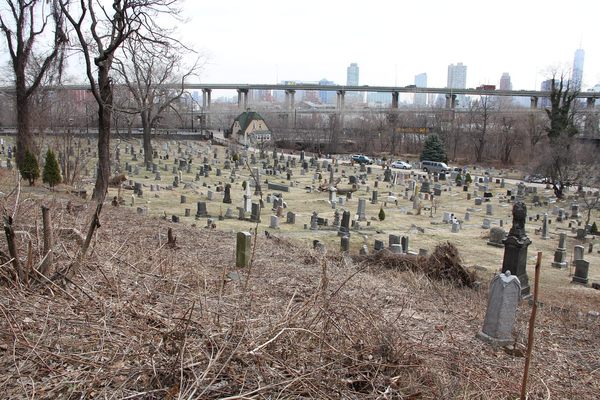
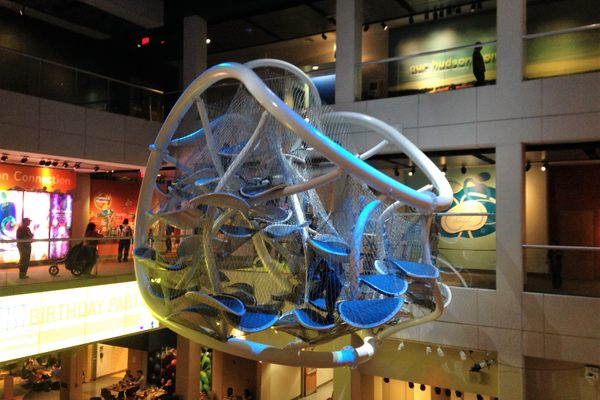

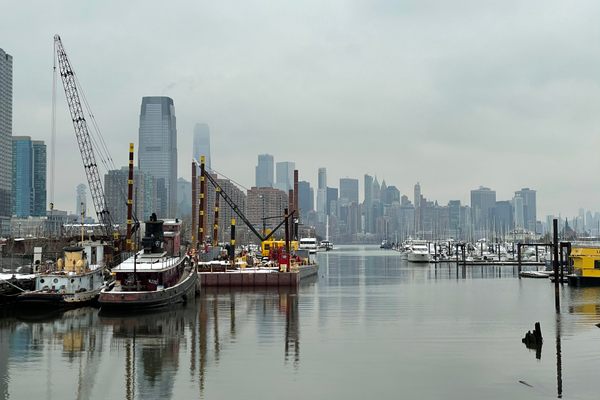
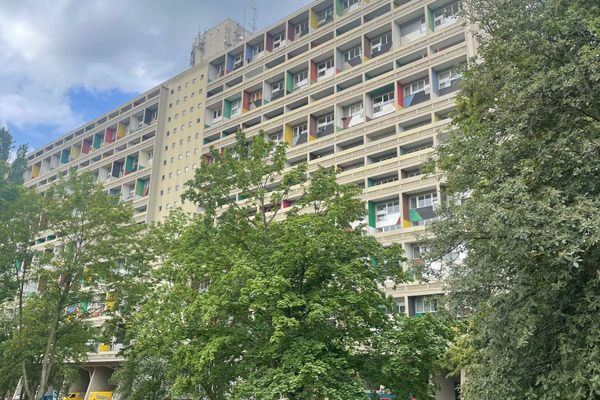


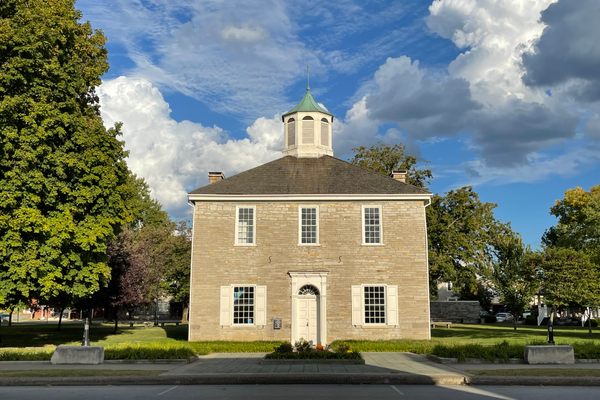

Follow us on Twitter to get the latest on the world's hidden wonders.
Like us on Facebook to get the latest on the world's hidden wonders.
Follow us on Twitter Like us on Facebook